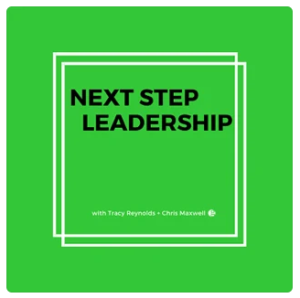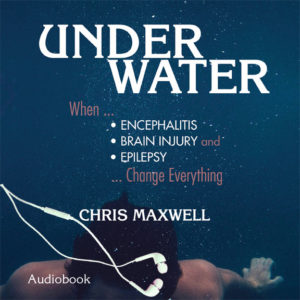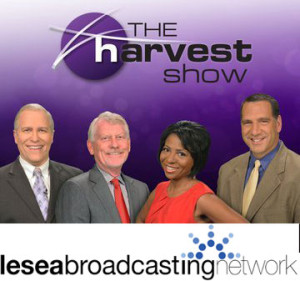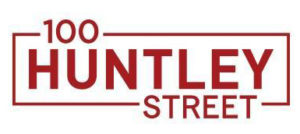November is Epilepsy Awareness Month. Please pick up a copy of the book where today’s blog is from. Underwater: When Encephalitis, Brain Injury and Epilepsy Change Everything
I think of the one in twenty-six people in the United States who have epilepsy at some time in their lives. I think of their interruptions—their seizures, their moods, their emotions. I think of their schedules, now including doctor appointments and tests and naps.
I also think of you. I wonder: who is reading this, and what is his or her story? What is your storm? What interrupted your calm swim near the shore? What has taken you deep into frightening portions of unfamiliar territory?
I think of Vernon Anderson’s story of his wife dying and his adventure of raising a son with special needs. I think of Bryan Griffin choosing to ride his bike long distances as therapy and exercise in his epilepsy adventure. I think of Tim and Marie Kuck’s five years of Nathaniel’s life with various special needs.
I think of you. Who is there to help you? Are you allowing their help?
I think of the many people I need to thank. Ray for mowing the grass and taking over our yards while I recovered. Garrett for being there when I needed someone. My accountability guys for helping me adjust to a partly cloudy life. A church for loving the first me and the second me. My wife and her family. Our sons. My two sisters and my dad—and memories of our mom who died when my nineteen-year-old brain didn’t warn us that I needed her to stay around for my ocean encounter. Those who drove me when I couldn’t drive even though it—or, I—drove them crazy. The office workers and staff and board members who brought stability during the rapid currents.
Patti, my speech therapist, I thank you. The students who learned how to do speech therapy by working with this underwater guy—after our insurance incorrectly assumed I needed no more help. They were wrong. But you were there. Thank you. “Speech therapy is an art that deserves to be more widely known. You cannot imagine the acrobats your tongue mechanically performs in order to produce all the sounds of a language.” (Jean-Dominique Bauby, The Diving Bell and the Butterfly, Vintage International, 1997, 40)
My doctors and nurses. My counselors. My students. My editors and publishers and marketing teams. Thank you.
Those who endured me in Florida. Those who welcomed me in Georgia. Those who’ve invited me to tell my story. Those who’ve asked me to listen to their stories. Thank you. Those who can relate to my story and those who can’t. Those who hope to become part of a new season of offering hope to others who have epilepsy. Thank you. Thank you. Thank you.
Thank you. Those busy in the medical field who still know the importance of seven seconds of eye contact—even though you are demanded to stare at the screen and complete the data, a brief face-to-face chat is like medicine to us. Thank you for looking at us.
Those pharmaceutical companies who have invested in antiepileptic medications to aggressively pursue help. Thank you for seeking a seizure-free life for the future of people with epilepsy.
Giving thanks fits actually. I’m writing this very early in the morning on a day known as Thanksgiving. So what else should I ask that we do, but give thanks? Though our underwater stories aren’t always smiley, perfect, hand-holding journeys of rejoicing, let’s take a moment and find things we’re thankful for. Join me and give thanks.
For friends and family, give thanks. For doctors and nurses and caregivers, give thanks. For medications and research and better days in the future, give thanks. For water to drink and stars to notice and songs to hear and pictures to see, give thanks. For forgiveness and laughter and long walks and short jogs, give thanks. For modern technology and global contact, give thanks. For research being done and creative minds at work, give thanks. For a better future for those suffering from various illnesses, give thanks. For this moment, right now, give thanks.
Thankful hearts can help our brains. Dwelling on the negatives isn’t the best medication to take. Being grateful of small things helps us shift our focus and see life from a better perspective.










Thanks Chris, I’m thinking about you as well